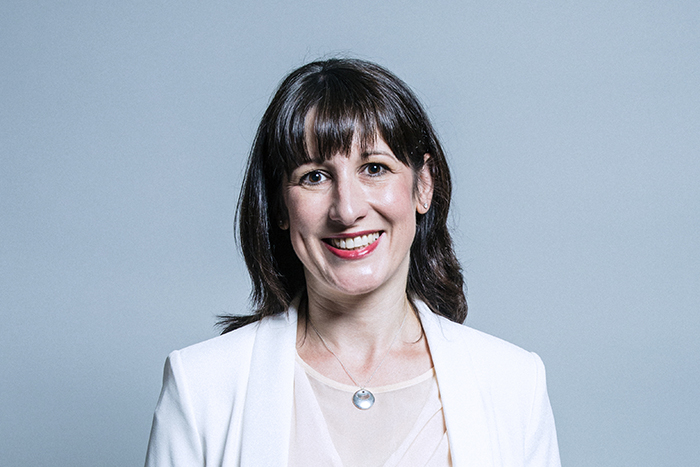
The Chancellor is considering raising capital gains tax on the sale of shares, rather than on second homes and buy-to-lets, according to reports.
Rachel Reeves is studying plans to lift the 20% rate charged on the sale of shares and other assets to 24%, equal to the rate for property sales in her 30 October Budget.
This could raise a sum in the “low billions of pounds”, reports the Times.
Capital gains tax is currently charged at 24% for residential property, 20% for chargeable assets and 28% for ‘carried interest’ on investment funds.
The sum the Chancellor is now considering raising are far less than earlier reports this month that the rate of the levy could rise to between 33% and 39%.
Treasury modelling suggests that additional funds raised by a 39% levy, could actually fall after five years as people find ways around the tax.
Reeves has said that she will not be “ideological” on taxes and will not lift rates if they do not raise revenues.
The Chancellor told a political cabinet meeting (one without civil servants in attendance) on Tuesday, that filling the £22bn black hole left by the previous Conservative administration would only be enough “to keep public services standing still”.
She is drawing up plans to find £40bn of levies and savings in the Budget to avoid real-terms cuts to departments.
Quilter Rachael Griffin tax and financial planning expert says: “As Labour prepares to unveil its first budget later this month, capital gains tax is firmly in the spotlight.
“An increase in capital gains tax no longer seems to be a question of ‘if’, but rather ‘when’ and ‘by how much’.”
Griffin points out: “A comprehensive reform of capital gains tax may have been deemed too complex and time-consuming for the Chancellor to tackle immediately. Therefore, raising rates could be seen as a temporary measure aimed at boosting government revenues in the short term.
“However, the effectiveness of this approach is debatable. The key question is whether higher capital gains tax rates will actually generate more tax revenue or simply alter investor behaviour.”
Hargreaves Lansdown head of personal finance Sarah Coles adds: “Suggestions that the rate on stocks and shares could rise to match that on property would also risk damaging confidence in investing.
“There should be a difference between the treatment of capital gains derived from growing companies to that of a fixed asset such as a house or land, if we are going to boost business growth in the UK. There is scope to widen this distinction within the capital gains tax system – not narrow it.”
The Treasury says: “We do not comment on speculation around tax changes outside of fiscal events.”
Capital gains tax was paid by 369,000 people in the 2022-23 tax year, according to official figures, who had made £80.6bn worth of gains between them.
The levy raised £14.4bn last year, 15% lower than in the previous tax year, mainly due to lower property prices.



